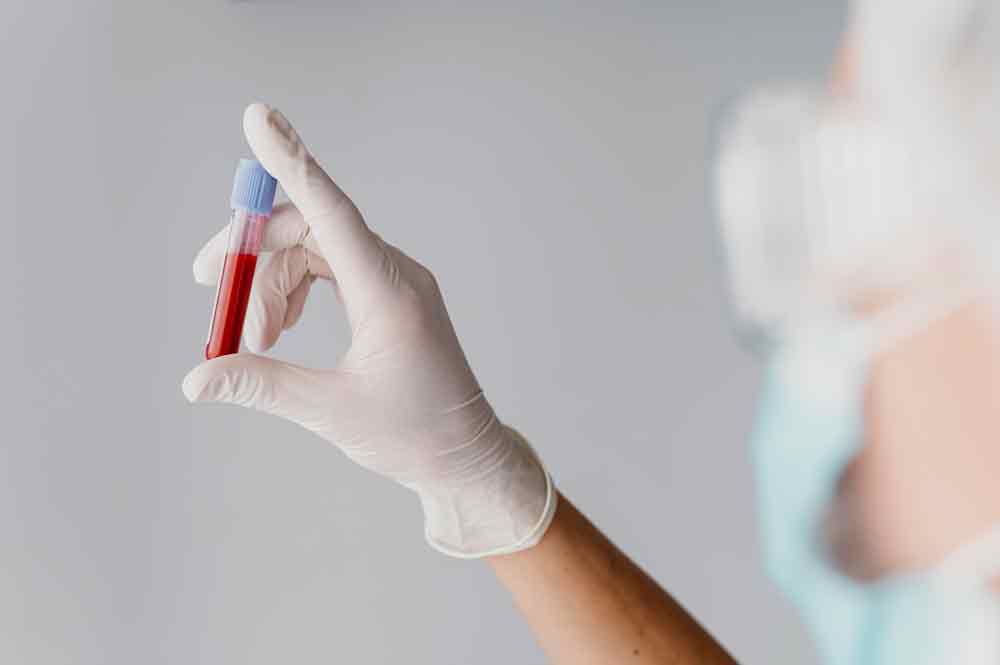Stroke is a serious medical condition which generally affects aged people and is the UK’s 4th biggest cause of death according to the Stroke Association. nearly two thirds of survivors leave sanitarium with a disability. It’s important that anyone passing a stroke receives the medical care they need as snappily as possible, so it’s vital that exigency services are called as soon as the symptoms of stroke appear.
What are the symptoms of a stroke?
Use the FAST system to determine whether a casualty might have had a strokeF – Face ask the casualty tosmile.However, this is a sign they may have had a stroke, If they can not smile unevenly or have a droopy eye or mouth.
A – Arms Hold both arms over, ask the casualty to hold them up and also let them go. One arm may drop or drift.
S – Speech Speak to the casualty and ask them questions. Their speech may be vocalized.
T – Time to call 999 If a casualty displays any of the below symptoms, call exigency services and tell them you suspect a stroke, detailing the symptoms you ’ve detected.
What are the symptoms of a stroke?
Use the FAST system to determine whether a casualty might have had a strokeF – Face ask the casualty tosmile.However, this is a sign they may have had a stroke, If they can not smile unevenly or have a droopy eye or mouth.
A – Arms Hold both arms over, ask the casualty to hold them up and also let them go. One arm may drop or drift.
S – Speech Speak to the casualty and ask them questions. Their speech may be vocalized.
T – Time to call 999 If a casualty displays any of the below symptoms, call exigency services and tell them you suspect a stroke, detailing the symptoms you ’ve detected.
ADS

In addition to facial weakness, arm weakness and speech problems, stroke symptoms include
A unforeseen and severe headache
Flushed face
unstable pupils
Weakness or palsy on one side of the body
Loss or blurring of vision in one or both eyes
Confusion and difficulty understanding speech
Dizziness, shakiness or falling
What should you do if someone has had a stroke?
still, call for an ambulance and keep the casualty comfortable and supported, If you suspect a stroke. Help them lie or sit down if they ’re responsive. Regularly cover their vital signs whilst staying for an ambulance to arrive. Don’t give them anything to eat or drink as they may have trouble swallowing.
Mini-strokes
occasionally, stroke symptoms only last a many twinkles. This is duly known as a flash ischaemic attack, but is also frequently appertained to as amini-stroke. While casualties will recover from their symptoms, medical advice should still be sought to confirm the casualty’s condition. People who witness amini-stroke may have beginning health conditions and frequently witness a full stroke within a many weeks.still, you should always call exigency services as soon as possible rather than staying to see if the casualty improves, If you suspect a stroke.
Visit the British Heart Foundation to find out further about stroke.
ADS






